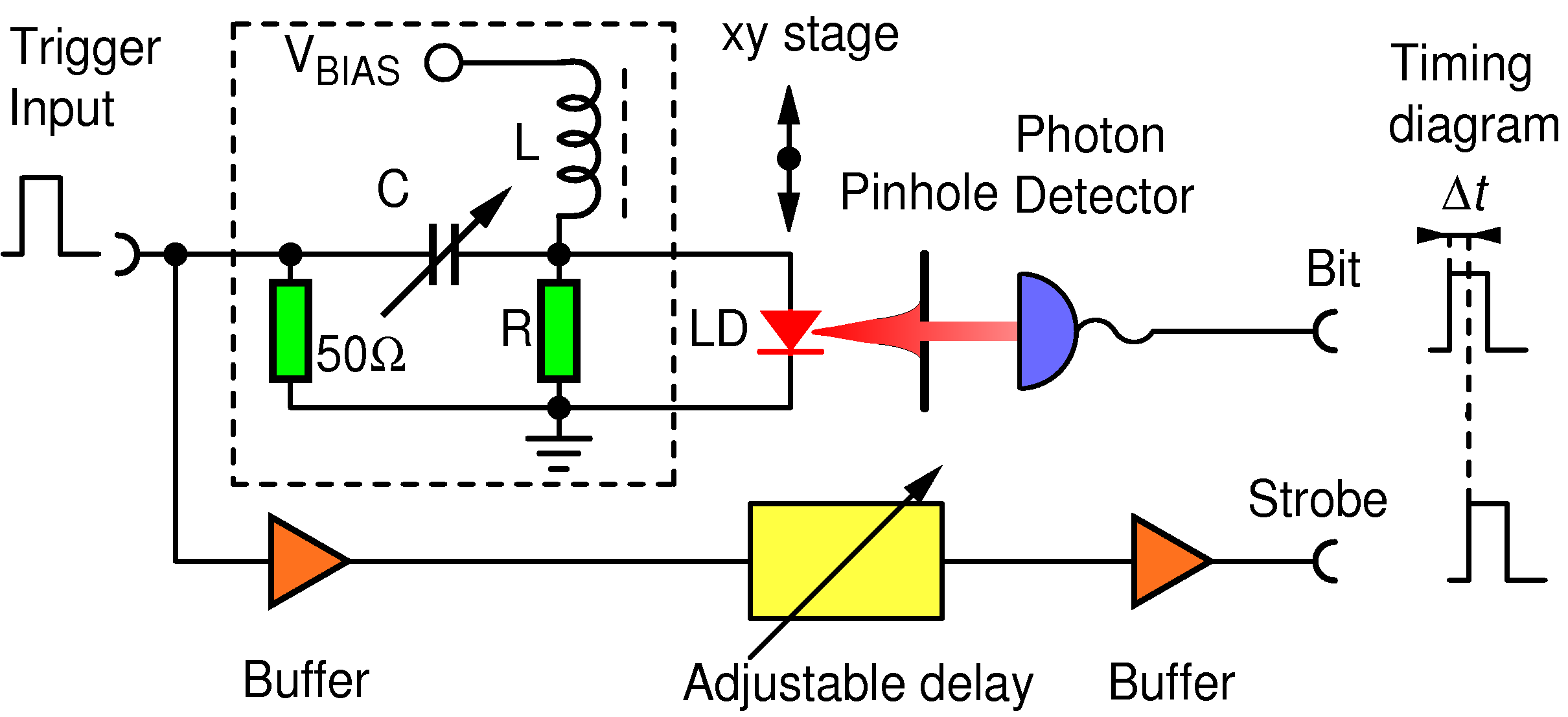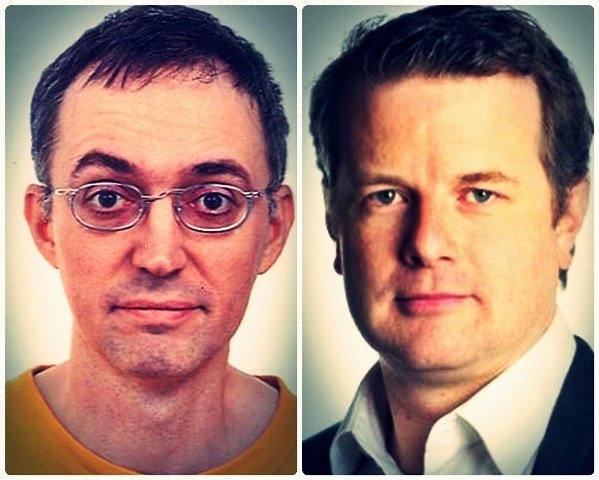The device works on the principle similar to a coin toss bearing in mind that the process of flipping and reading a coin takes a very short time and the coin never flips away from your hands. With a given state of technology this new QRNG could be reduced to the size of the chip, which would open opportunities for a wide range of applications. This study was published by online journal Scientific Reports (IF 5.578) of the Nature Publishing Group.
Digital data processing in computers, mobile devices or ATM machines has a huge impact on our modern information-based society. Random numbers are essential for cryptographic protocols which are necessary to ensure security, privacy and integrity of communicated data.
Random number generators are essential components for a wide range of applications such as: cryptographic data protection, scientific research, simulations, or real and virtual casinos and online games. For example, in security systems they provide secret keys or tokens for authentications and encryption. They are commonly classified by the source of their randomness.
Unlike frequently used pseudo-random generators, physical random number generators do not depend on complex algorithms, but rather on a physical process to provide true randomness, which means that physical random numbers generators derive random numbers from a physical source of reasonably random process e.g. flipping a coin. This makes them more reliable, since their behaviour could not be replicated in a reasonable amount of time as in the case of pseudo-random generators.
''However, our primary motivation in this study was solving the fundamental problems of quantum entanglement." - explained Stipčević, a senior research associate in the RBI Laboratory for electromagnetic and weak interactions and Head of the Research Unit for Photonics and Quantum Optics of the Center of Excellence for Advanced Materials and Sensors (CEMS).
In this paper titled: "An On-Demand Optical Quantum Random Number Generator with In-Future Action and Ultra-Fast Response" the scientists presented a conceptually simple implementation, which offered a 100 percent efficiency of producing a random bit upon a request and simultaneously exhibited an ultra-low latency.
''We presented a novel type of QRNG which randomness can be obtained by suitable tuning the device controllable parameters in function of the hardware imperfections. It is unique in simultaneously satisfying three characteristics: a very short latency between the random bit request signal and the moment when the bit is generated, all physical processes relevant to generation of a bit happen after the request signal and with a 100 percent efficiency of producing a bit upon a request.
On top of that, we estimated deviation of the QRNG from perfect randomness and demonstrated that generated sequences of random bits pass NIST Statistical Test Suite (STS)1 without post-processing.'' – concluded Stipčević and Ursin.



